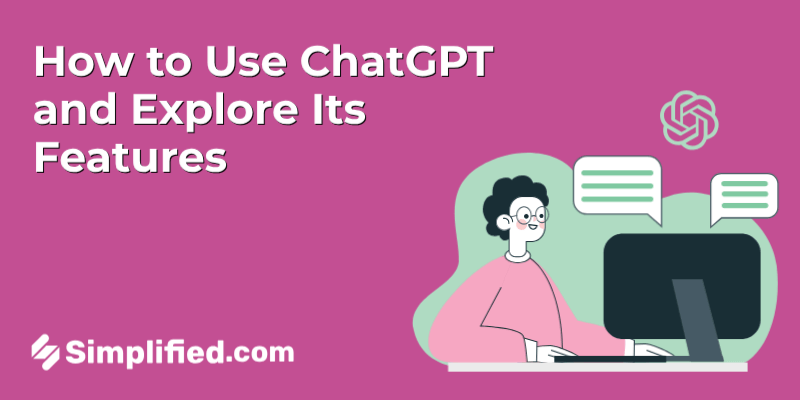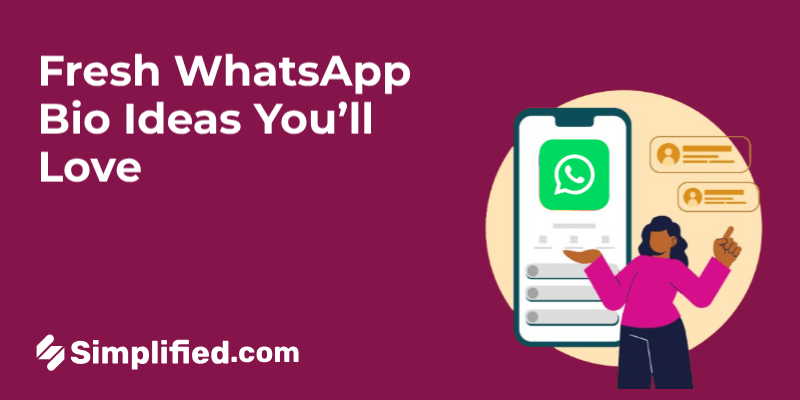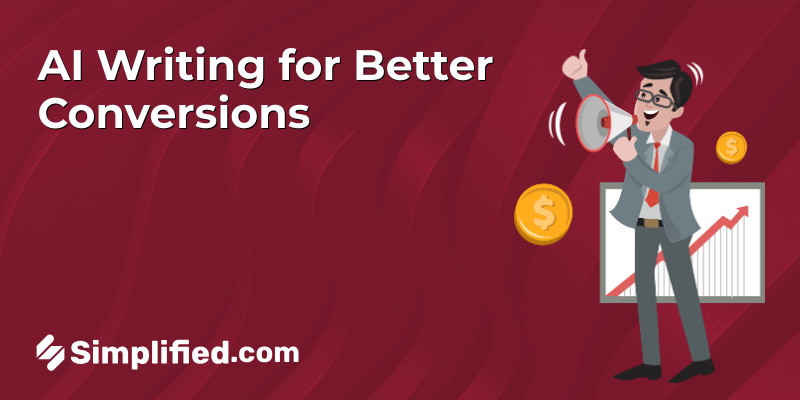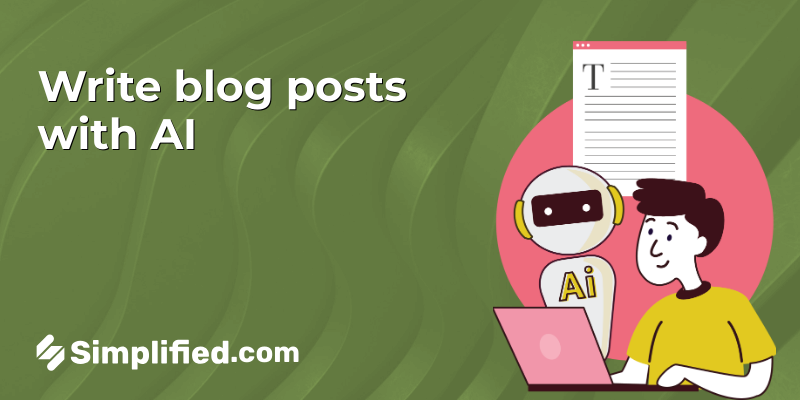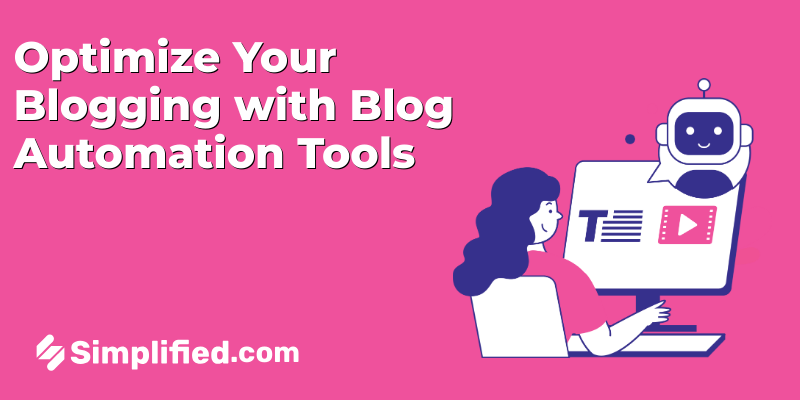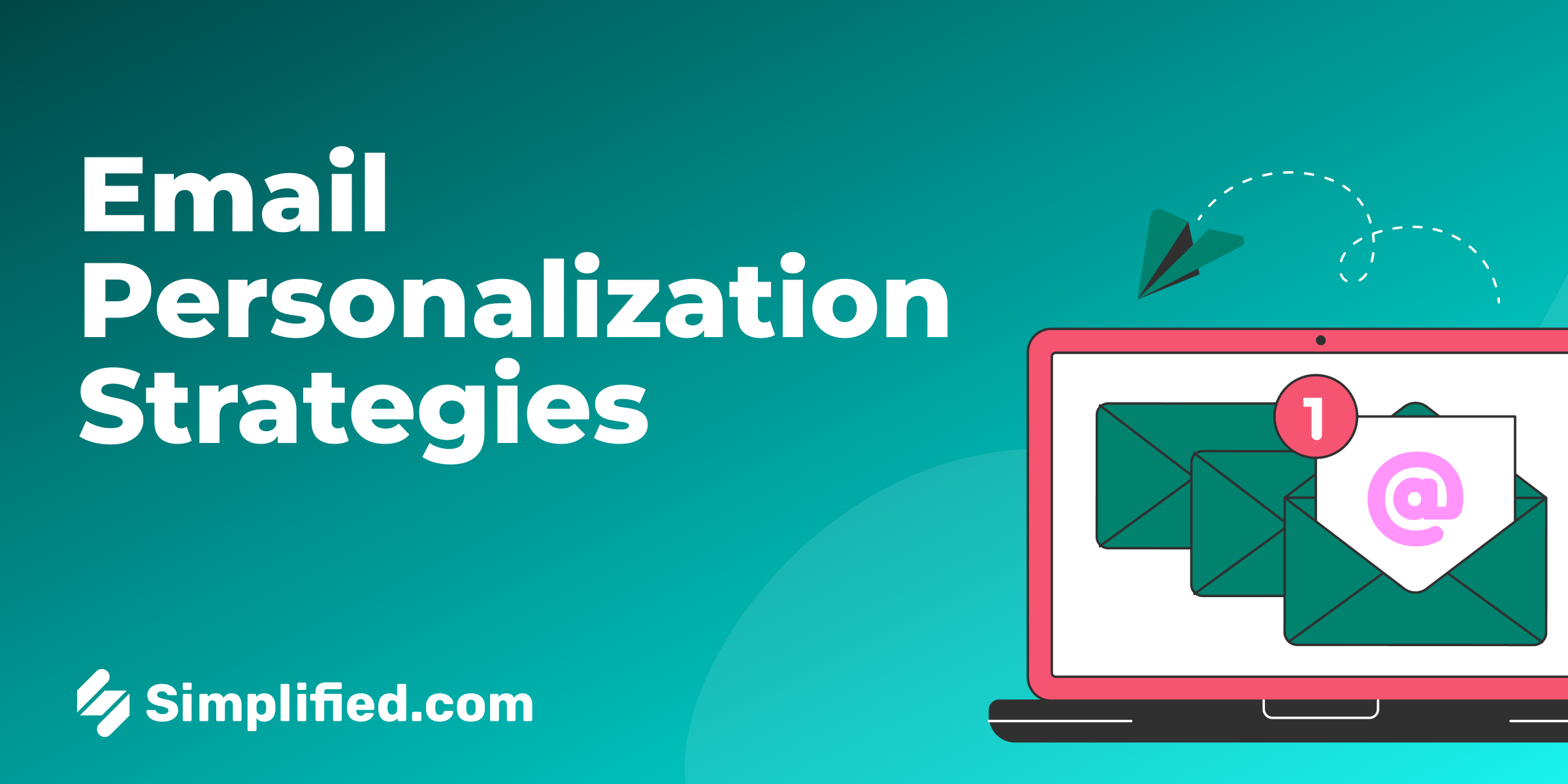
Email marketing remains a highly effective strategy for growing businesses online, even in 2024. However, traditional, generic emails no longer drive the desired results. The key to successful email marketing lies in personalization and targeted communication. Generic emails often get ignored or land in the Spam folder, as they fail to engage recipients.
In contrast, personalized emails ensure that your messages are relevant, engaging, and more likely to lead to conversions. This approach improves the user experience and strengthens brand identity and loyalty. With the advancement of email marketing tools, personalizing emails has become more accessible and effective. With the advancement of email marketing tools like EmailLabs, personalizing emails has become more accessible and effective.
In this article, we will explore email personalization strategies for eCommerce businesses and how to enhance engagement and conversions.
Email Personalization and Its Importance in E-commerce
Email personalization is a process of customizing the content of your emails to the preferences, past activities, and other characteristics of your subscribers. It can involve placing the recipient’s name in the message’s subject line or creating an entire set of email marketing messages based on certain categories of clients involved in purchasing or browsing. These categories are segmented email lists. Ecommerce strategies integrate personalization because they want to deliver the right message to the right person at the right time.
Here are a few data-backed examples of email marketing that highlight the significance of email personalization.
- According to a report by Experian, personalized emails deliver 6 times higher transaction rates and revenues per email than non-personalized emails.
- Another one by Campaign Monitor reveals that emails with personalized subject lines are 26% more likely to be opened.
Key Email Personalization Strategies for E-commerce
To maximize the impact of your email marketing campaigns, it’s essential to implement effective personalization techniques. By adopting these strategies through pre-built Klaviyo emails, you can ensure that your emails resonate with your audience and boost engagement.
1. Segment Your Audience for Better Results
Segmentation is the foundation of any email customization strategy. It involves dividing your audience into smaller subgroups based on shared characteristics such as purchasing behavior or website activity. By segmenting your email lists, you can deliver more relevant content to different customer groups.
When segmenting your audience, consider factors like:
- Past purchase behavior
- Items added to wishlists
- Pages browsed or products searched
2. Use Dynamic Content for Tailored Messaging
Dynamic content takes personalization a step further by allowing you to adjust specific elements of your email based on recipient data. This approach enables you to populate different sections of the email with content that’s highly relevant to each customer.
Using dynamic content allows you to:
- Recommend personalized products
- Offer special discounts based on customer activity
- Curate content according to the customer’s location
3. Leverage Behavior-Triggered Email Campaigns
Behavior-triggered emails are automated messages sent based on specific customer actions, such as abandoned carts or completed purchases. These campaigns are highly effective as they target customers with relevant content at the right moment, improving conversion rates.
Examples of behavior-triggered campaigns include:
- Welcome emails for new subscribers
- Cart abandonment reminders
- Post-purchase follow-ups requesting reviews
- Product restock alerts
Bonus: 200+ Perfect Email Address Ideas for Professionals
4. A/B Testing for Optimization
A/B testing allows you to compare two versions of an email to determine which performs better. This helps you refine your email personalization strategy by understanding what resonates most with your audience.
Consider A/B testing the following elements:
- Subject lines, including variations with personalized names
- Placement of call-to-action (CTA) buttons to encourage more clicks
- Different email designs, colors, and typography
Advanced Email Personalization Techniques
To stay ahead in the competitive eCommerce space, advanced personalization techniques can help elevate your email campaigns beyond the basics.
1. Predictive Analytics for Smarter Campaigns
Predictive analytics involves using machine learning and statistical models to forecast customer behavior based on their past actions. This data-driven approach allows you to anticipate customer preferences and design targeted campaigns accordingly.
Steps to implement predictive analytics in email personalization:
- Analyze key metrics such as customer lifetime value and expected order dates.
- Identify high-value customers and create special offers for them.
- Send re-engagement emails to customers who haven’t made a purchase in a while.
2. Hyper-Personalization with Real-Time Data
Hyper-personalization takes traditional email personalization to the next level by using real-time data to craft messages that are highly relevant to individual customers. By leveraging real-time insights, you can ensure your emails are timely and cater to the customer’s most recent actions.
To implement hyper-personalization:
- Integrate your email platform with your eCommerce store to sync customer data.
- Set up real-time triggers to automate email sends based on customer behavior.
Best Practices for Email Personalization
When implementing email personalization strategies, it’s crucial to follow best practices to ensure effectiveness and maintain customer trust.
- Adhere to Privacy Regulations
Respect data privacy laws such as GDPR and CCPA when collecting and using customer data. Always seek explicit consent before using personal information for marketing purposes. - Ensure User Privacy
Use customer data responsibly and avoid being intrusive. By maintaining transparency and focusing on relevant personalization, you can build trust with your customers.
Bonus: Free Email Subject Line Generators You Need To Know
Measuring the Success of Personalization Efforts
After deploying personalized email campaigns, it’s essential to measure their success to understand what works and what needs improvement. Here are a few steps to evaluate your campaign performance:
1. Track Key Metrics
To get a clear picture of your email performance, you need to closely monitor several key metrics. These indicators provide insight into how your audience is interacting with your emails and whether your personalization efforts are paying off. Some essential metrics to track include:
- Open Rates
- Click-Through Rates (CTR
- Conversion Rates
- Revenue per Email
- Bounce Rates
By analyzing these metrics, you can better understand what aspects of your campaign are working and where improvements are needed.
2. Optimize Your Strategy
Once you have tracked the key metrics, it’s time to optimize your strategy. The goal is to refine your personalization efforts to ensure that your emails are as engaging and effective as possible. Two essential tools for optimization are:
- A/B Testing
- Analytics
3. Continuously Improve Your Personalization Techniques
Personalization is not a one-time effort but an ongoing process. As you gather more data from your campaigns, you’ll be able to make more informed decisions about how to personalize future emails. Consider the following approaches for continuous improvement:
- Refining Segmentation
- Tailoring Content
- Adapting to changing Behaviors
Conclusion
Personalized email marketing is a powerful tool for eCommerce businesses looking to build stronger customer relationships and drive growth. By leveraging personalization techniques such as audience segmentation, dynamic content, and behavior-triggered campaigns, you can create emails that resonate with your customers and lead to higher conversions. Continuously optimize your strategy through testing and analysis to ensure long-term success in your digital marketing efforts. Additionally, advanced person search helps provide relevant information, such as email addresses, names, and addresses, which is valuable for email marketing.


